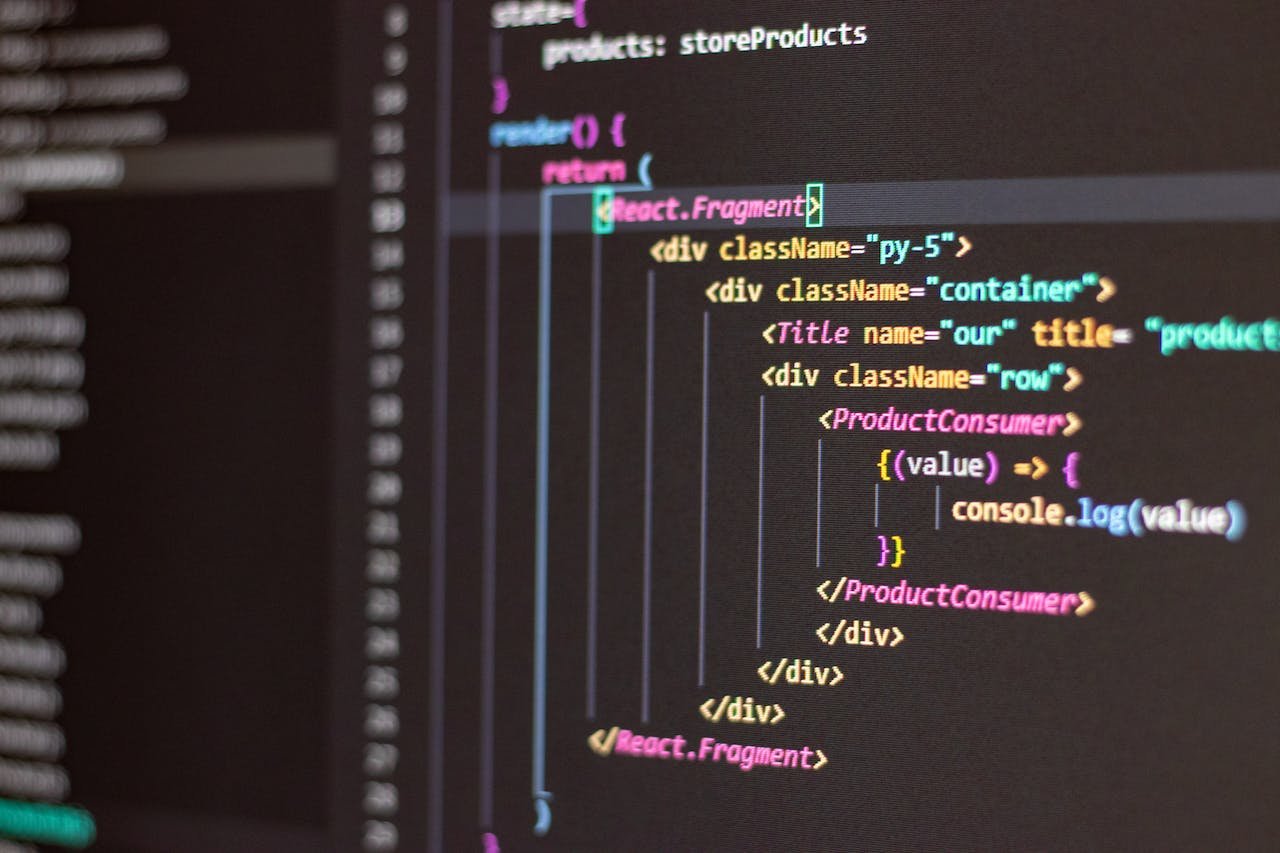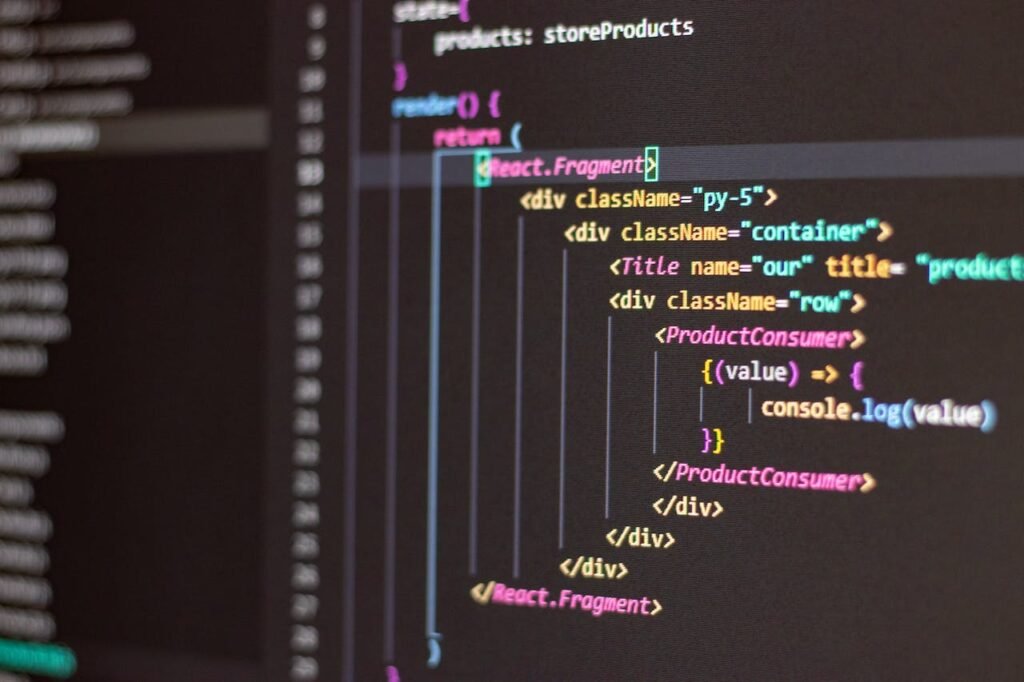
Essential Skills of a UX Designer: Coding or Not?
Introduction
In the dynamic world of user experience (UX) design, the question of whether a UX designer should possess coding skills is a topic of ongoing debate. UX designers play a pivotal role in shaping the digital landscape, ensuring that products and interfaces are user-friendly and visually appealing. This article will delve into the essential skills of a UX designer, focusing on the contentious issue of coding skills.
Reasons for a UX/UI Designer to Learn Coding
To Understand the Possibilities Within a Product
One compelling reason for UX/UI designers to acquire coding skills is to gain a deeper understanding of the technical aspects of a product. By being able to write code, designers can comprehend the possibilities and limitations of what can be achieved within a digital product. This knowledge can lead to more innovative and feasible design solutions.
Vital for Lean Organizations
In lean and agile organizations, the ability to code can be a game-changer. It allows designers to quickly prototype their ideas, reducing the development time and cost. Being self-sufficient in coding can make a UX/UI designer an invaluable asset in such setups.
Speeding Up Workflows
Learning to code can significantly expedite the design process. Designers can make real-time adjustments and fine-tune user interfaces without relying on developers. This agility can be a tremendous advantage in meeting tight project deadlines.
Unlocking Job Opportunities
UX/UI designers with coding skills open doors to a wider range of job opportunities. They become versatile professionals who can adapt to various roles within the tech industry. From front-end development to user interface design, these designers are in high demand.
Enhancing Collaboration with Developers
When UX/UI designers can speak the same language as developers, collaboration becomes more efficient. Miscommunications and misunderstandings are minimized, resulting in a smoother and more productive working relationship.

Reasons for a UX/UI Designer to Learn Coding
To Understand the Possibilities Within a Product
One compelling reason for UX/UI designers to acquire coding skills is to gain a deeper understanding of the technical aspects of a product. By being able to write code, designers can comprehend the possibilities and limitations of what can be achieved within a digital product. This knowledge can lead to more innovative and feasible design solutions.
Vital for Lean Organizations
In lean and agile organizations, the ability to code can be a game-changer. It allows designers to quickly prototype their ideas, reducing the development time and cost. Being self-sufficient in coding can make a UX/UI designer an invaluable asset in such setups.
Speeding Up Workflows
Learning to code can significantly expedite the design process. Designers can make real-time adjustments and fine-tune user interfaces without relying on developers. This agility can be a tremendous advantage in meeting tight project deadlines.
Unlocking Job Opportunities
UX/UI designers with coding skills open doors to a wider range of job opportunities. They become versatile professionals who can adapt to various roles within the tech industry. From front-end development to user interface design, these designers are in high demand.
Enhancing Collaboration with Developers
When UX/UI designers can speak the same language as developers, collaboration becomes more efficient. Miscommunications and misunderstandings are minimized, resulting in a smoother and more productive working relationship.

Why Some Designers Choose Not to Learn Coding
Managing Scope Creep
One of the reasons some designers opt not to learn coding is the fear of scope creep. Delving into code can be time-consuming, and designers may worry that it will distract them from their primary design responsibilities.
Avoiding Tunnel Vision
Some designers prefer to keep their focus squarely on the user experience and design aspects without getting bogged down in code details. This approach allows them to maintain a broader perspective and concentrate on the big picture.
Coding Languages in the Toolbox of UX/UI Designers
The Value of Basic HTML and CSS
For UX/UI designers dipping their toes into coding, understanding basic HTML and CSS is immensely beneficial. These languages are the foundation of web design and can help designers make their designs come to life on the web.
Exploring the Benefits of JavaScript
JavaScript adds interactivity to web interfaces, making it a valuable addition to a UX/UI designer’s skill set. Knowing JavaScript can enable designers to create dynamic and engaging user experiences.
The Benefits of Coding Skills for UX Designers
Greater Understanding of Implementation
UX designers with coding skills have a deeper understanding of how their designs are implemented. This knowledge allows them to create designs that are not only visually appealing but also feasible to build.
Enhanced Collaboration with Developers
Coding skills can bridge the gap between designers and developers. Designers who can write code can communicate more effectively with the development team, resulting in a smoother workflow and a better end product.
Rapid Prototyping
Coding skills enable UX designers to create interactive prototypes quickly. This agility can be especially valuable in the early stages of a project when exploring different design concepts.

Factors Influencing the Decision
Career Goals
A UX designer’s career goals play a significant role in determining whether coding skills are necessary. Those aiming for roles with a strong technical focus or looking to work in startups may find coding skills to be a valuable asset.
Organizational Needs
The requirements of the organization also matter. In some companies, UX designers are expected to code, while in others, they focus solely on design. It’s essential to align your skill set with the expectations of your workplace.
Personal Preference
Ultimately, the decision to learn coding should align with a designer’s personal preference. Some designers thrive on the technical aspects of UX, while others prefer to focus solely on design and user research.
Conclusion
In the ever-evolving field of UX design, coding skills can be a valuable addition to a designer’s toolkit, but they are not an absolute requirement. The necessity of coding skills varies depending on individual career goals, organizational needs, and personal preferences. Whether you choose to learn to code or not, a successful UX designer is one who continuously adapts and expands their skill set to meet the demands of the industry.
FAQs
1. Do all UX designers need to learn coding?
Ans: Not all UX designers need to learn coding. The necessity of coding skills depends on individual career goals and organizational requirements.
2. Can coding skills enhance a UX designer’s career prospects?
Ans: Yes, coding skills can enhance a UX designer’s career prospects, particularly in roles with a strong technical focus or in startups.
3. What are the benefits of coding skills for UX designers?
Ans: Coding skills provide a deeper understanding of implementation, facilitate collaboration with developers, and enable rapid prototyping of design concepts.
4. Is it possible to be a successful UX designer without coding skills?
Ans: Yes, it is possible to be a successful UX designer without coding skills. Success in UX design depends on various factors, including design expertise, user research skills, and the ability to create user-friendly interfaces.
5. How should UX designers decide whether to learn coding?
Ans: UX designers should consider their career goals, organizational needs, and personal preferences when deciding whether to learn coding. It’s essential to align coding skills with one’s individual path in the field of UX design.

Muhammad Moiz, a Dartmouth College Computer Science major, is an experienced and respected figure in the fields of digital marketing and programming. Moiz excels in demystifying complex technical topics, making him a valuable resource for both seasoned professionals and those new to the tech world.

